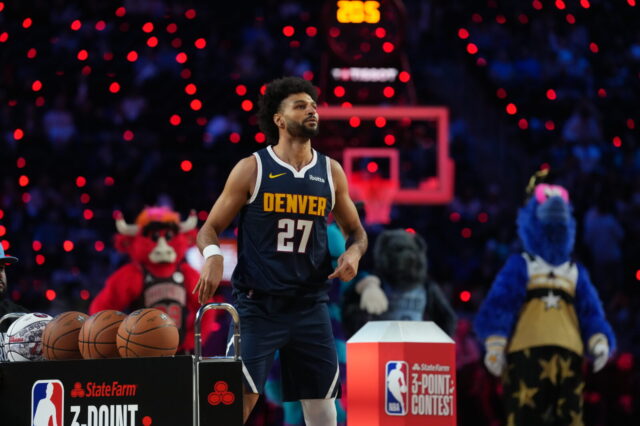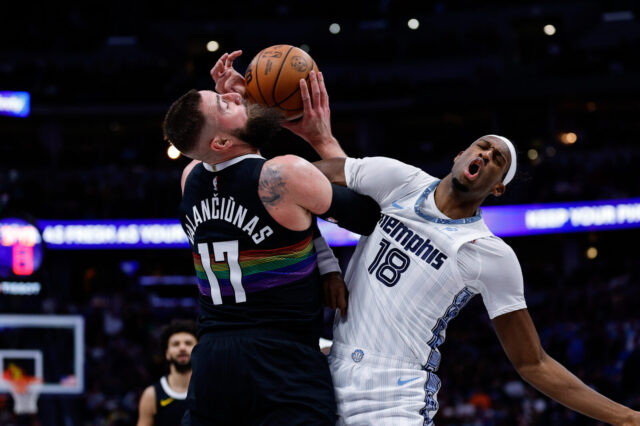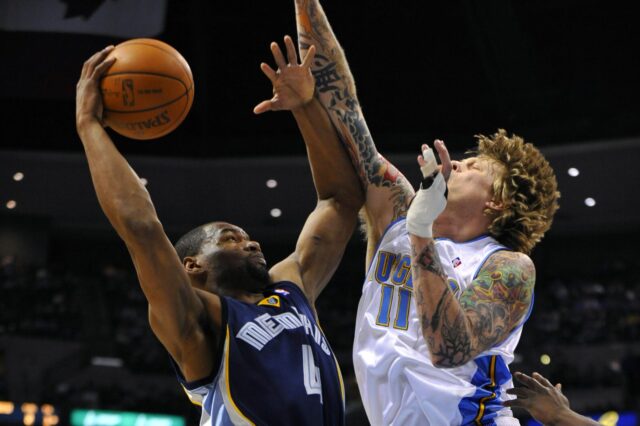ANTANANARIVO, MADAGASCAR – As I’m arranging my post-FIBA Afrobasket forest tour here in Madagascar, I find myself laying out a stack of 10,000 ariary bills to my tour guide. Fresh out of the ATM machine, my 10,000 ariary bills are big, crisp and colorful … about 25 percent bigger than a U.S. dollar. Seeing the stack of bills piling up, my guide looks up at me and, in broken English, says, "Our money is like everything else in Madagascar. Big and colorful, but not much value."
Each 10,000 ariary bill is worth about $5 in the United States.
Madagascar is one of the poorest countries in the world. It’s no Somalia, but the nation — which is also the fourth largest island in the world — routinely ranks high in the world’s poverty rankings. Madagascar is in the bottom 15 in GDP per capita. The average person makes less than $1 per day, and 20 percent of the children born here die before they reach five years old. Having traveled through comparably poor Rwanda last summer, I don’t sense the same spirit here among the Malagasy people as I saw in Rwanda. Rwanda may be poor, but the children are being educated (including learning English), the people are too proud to beg, and their country is exceptionally clean … thanks to a regime that mandates a national cleaning day once a month. Here in Madagascar, the streets are littered with trash and beggars abound everywhere. It’s as if this country is in desperate need of a giant pick-me-up.
Perhaps basketball could be that pick-me-up, but it’s a long shot at best. Madagascar landed the 2011 FIBA Afrobasket championship by allegedly paying a handsome sum to FIBA to be the host country and due to Cote d'lvoire, the originally selected host for the 2011 championship, devolve into violent political chaos earlier this year. Madagascar has hardly been a world beater in any sport, but certainly not basketball. And it doesn't help when the Malagasy people are inherently short.


